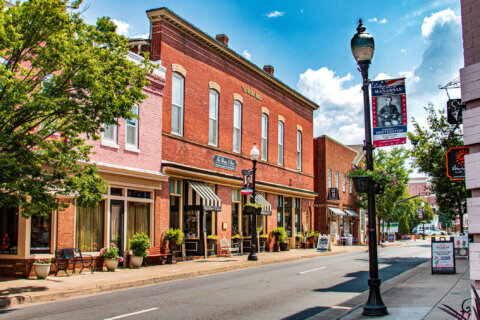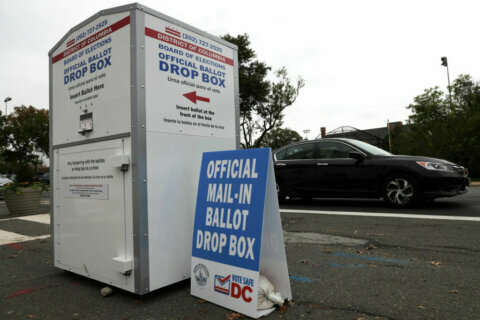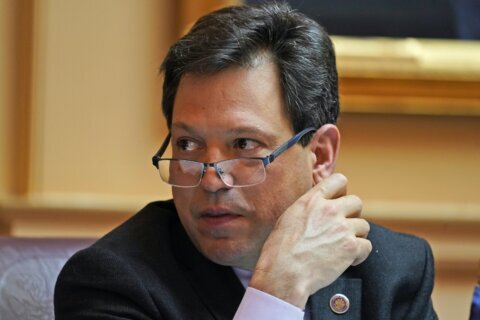Opponents of a high-speed train proposing to connect D.C. to Baltimore have introduced legislation to block state funding for the project known as the Maglev, hoping to derail proceedings as developers undertake numerous studies and reviews.
“This bill will not kill the Maglev project,” said Delegate Nicole Williams, of Prince George’s County, during a House committee hearing on Wednesday. “If the Northeast Maglev wishes to show that they’re truly concerned about the communities in which this project will impact then they will say ‘no, we do not need our state tax dollars to fund this project.”
Attempts in previous years to pass bills like this one have failed to accomplish anything, and Wayne Rogers, who leads the Northeast Maglev rail project, argued this bill should see the same fate.
“HB 715 does more than just preemptively stop state appropriations,” argued Rogers. “It also prohibits any public or private company that receives money from the state from authorizing permits or any other form of approval.”
Rogers also said that while there’s been millions of dollars in federal funding to support the project so far, the state of Maryland hasn’t paid a dime yet.
“We’ve not requested any money for this from the state, we don’t anticipate any money coming from the state,” he told the panel during a back and forth with Delegate Geraldine Valentino-Smith. “There’s lots of ways the state can help us as we go forward that doesn’t entail money.”
But he balked when asked if the bill was amended to simply deny any money from the state, arguing that’s not how the budgetary process works in the state.
“The governor makes the budget. He’s not put any money in, he’s not proposing to put money in,” said Rogers, who also called it “bad public policy” to focus on a single project.
During the same hearing, Valentino-Smith, a vocal opponent of the project who sits on the House Appropriations Committee that heard the bill, grilled Rogers the hardest.
“So you’ve assured us that this is a purely private endeavor, that you’re not expecting to ever need any state money,” she said. “This has not been undergone or undertaken any place in the United States yet successfully, and that there is for a purely private company always the chance of bankruptcy and/or the likelihood of selling the asset. So I don’t understand the objection that you have to us putting a prohibition on the state adding any money into this if it’s purely private.”
And that last part points to a common concern expressed by opponents of the project up and down the Baltimore-Washington corridor.
Even before any track has been laid, the estimated building cost for the project has gone up by billions of dollars, said Dennis Brady, leader of Citizens Against This SCMaglev, during a hearing for the senate bill.
Brady said the estimated cost of a one-way ticket has climbed from $46 to $82 at the beginning to now $50 to $100. It’s led residents who oppose the project to repeatedly ask how they stand to benefit from a faster train that makes just one stop between DC and Baltimore (at BWI). There’s also heavy skepticism that the cost of riding is sustainable without a government subsidy keeping the company afloat.
“It will likely follow previous world experiences with such systems, many of which have failed or are being maintained with large government subsidies,” said Dan Woomer, vice president of the Linthicum-Shipley Improvement Association, during that same senate hearing.
It was also the basis for a warning from New Carrollton Mayor Duane Rosenberg Wednesday, as he cautioned the House committee.
“I think the risks outweigh the economic benefits.”








